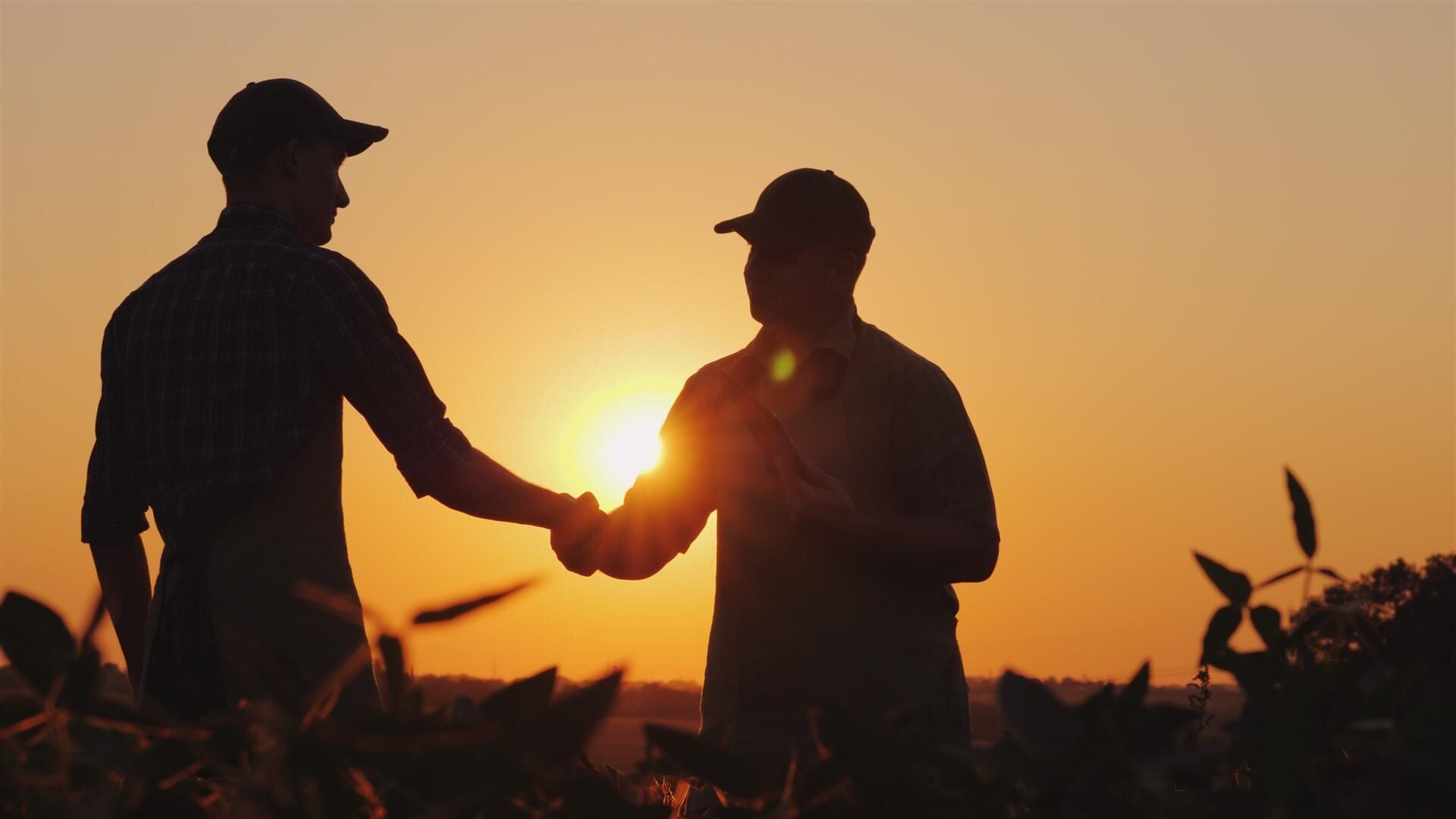Equity partnership a pathway to land ownership.

The New Zealand primary sector faces a dilemma over funding for future expansion which has prompted Bayleys rural real estate to take the initiative on helping to solve it. An upcoming seminar aims to introduce young farmers who are keen to get a piece of their own property to investors who have the capital to help back them.
Bayleys Country has organised a farm equity partnership seminar in Havelock North on August 12 and already have over 100 registered attendees.
Bayleys national director rural Duncan Ross said that bank sourced farm finance has become increasingly difficult for farmers and investors to secure after a relatively easy period for credit from the early 2000s to 2010.
That difficulty has been in part prompted by increased caution amongst foreign owned banks regarding debt levels in some parts of the agri-sector and demands on banks to hold increased proportions of their ledgers as equity.
“But at the same time, returns from the likes of the red meat sector have never looked better and the need to access capital to make the most of those opportunities greater.”
He said the impact of Covid-19 has if anything reinforced New Zealand’s status to potential investors as a safe place to source quality protein, fibre and produce.
This is not only thanks to the food itself, but to the ability of the primary sector to maintain supply line integrity and certainty as they break down in some countries overwhelmed by the epidemic.
Bayleys Gisborne director and country salesperson Simon Bousfield said the recent successful sale of Panikau and Mangaheia stations on the East Coast highlighted the opportunities to link keen farm managers who had some equity to investors who had more and wanted to increase their land holdings.
“We had a number of potential investors come forward who were keen to invest with skilled farmers on those properties and younger farmers who wanted an ownership stake in a property but lacked the equity to buy one outright.”
He said the days of being able to spend several years shearing locally and around the world to gather up enough equity to purchase a first farm are well gone.
Equity partnerships with established farmers and investors is a far more realistic route to farm ownership.
The days of being able to spend several years shearing locally and around the world to gather up enough equity to purchase a first farm are well gone.
Equity partnerships with established farmers and investors is a far more realistic route to farm ownership.
“There is certainly no lack of enthusiasm or energy from the next generation of younger farmers, it is just an issue about them being able to get enough capital.”
Simon Bousfield said despite concerns over land going into forestry in areas like Gisborne, the interest and ultimate purchase of Mangaheia and Panikau has reinforced how strong that enthusiasm for pastoral hill country farming is.
“Both of those properties have stayed as drystock properties. One was bought by a family from out of the region, and the other by two families who have thought outside the square and got together to purchase it together as an entity.”
“The numbers we have for the seminar are positive. It represents an excellent opportunity to get the two parties together and get some insights from those who are already engaged in such partnerships, and to get a banker’s overview on what constitutes a successful equity partnership,” he said.
Duncan Ross said at a time when many may be struggling to borrow the full amount needed for a property, and succession options may also appear limited, an equity partnership arrangement could prove a practical alternative for families to consider if they were wanting to retain family ownership of the property.
Duncan Ross said at a time when many may be struggling to borrow the full amount needed for a property, and succession options may also appear limited, an equity partnership arrangement could prove a practical alternative for families to consider if they were wanting to retain family ownership of the property.
Current equity farm owner Sam Robinson will offer his experience as a sheep and beef case study, while equity farm manager Tom Bowie will share his experiences on his successful Wairarapa farming entity.
Marcus Bousfield, ANZ regional agri and commercial manager is one of the presenters at the seminar. He said the bank is comfortable dealing with equity partnerships, but cautioned their success lies in having the right combination of people involved.
“What we are finding in the drystock sector is the good keep on getting better, but do not necessarily always have the capital to match that growth in ability.”
The added demands of being able to future proof any farm investment to meet compliance and environmental standards as they arise also adds an additional layer of cost to a farm structure.
“You really cannot just go in and view a purchase in the conventional sense anymore, sometimes having multiple owners is a way to spread that investment.”
He says there is no shortage of talent and enthusiasm among a new generation of drystock farmers, and he urges younger farmers to think about how an equity partnership could work for them early rather than later in their career.
“It is about having an open mind, an awareness of why you are going to do it, with a clear goal in mind about what you wish to achieve. Ultimately, you won’t control all of the decision making and success will come down to how willing you are to accept the values of the other parties you are in business with.”
**The Bayleys equity partnership seminar runs from 1-4 pm on Wednesday August 12 at the Havelock North Club, 4 Campbell Street Havelock North. **
To register contact moana.panapa@bayleys.co.nzby 5pm, August 4.
